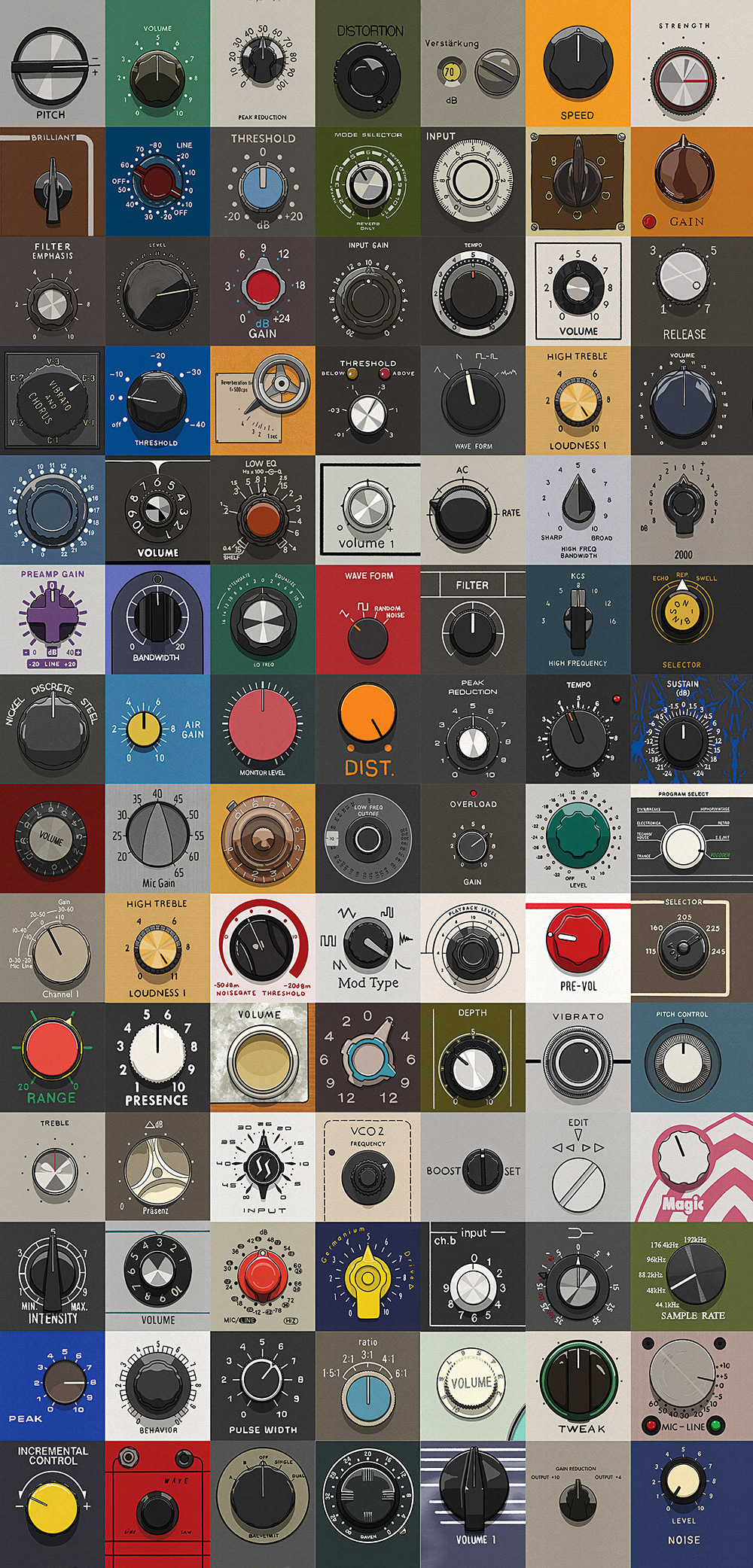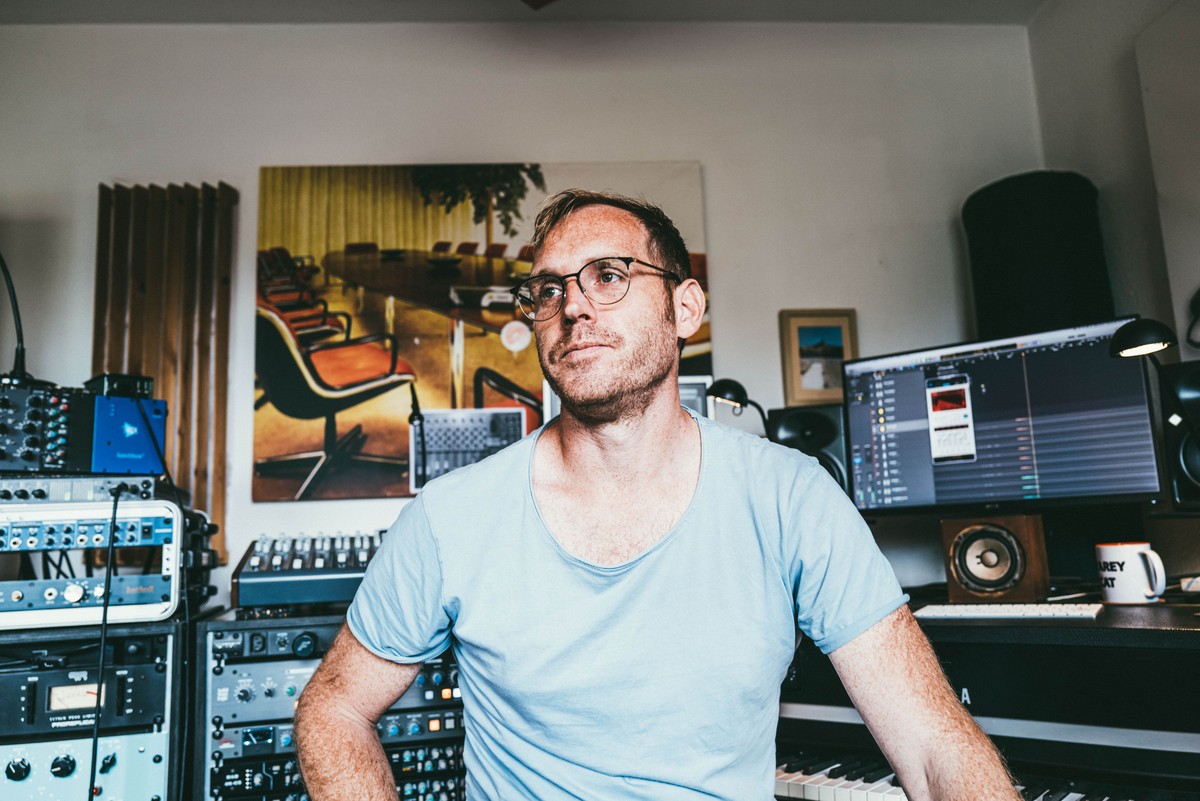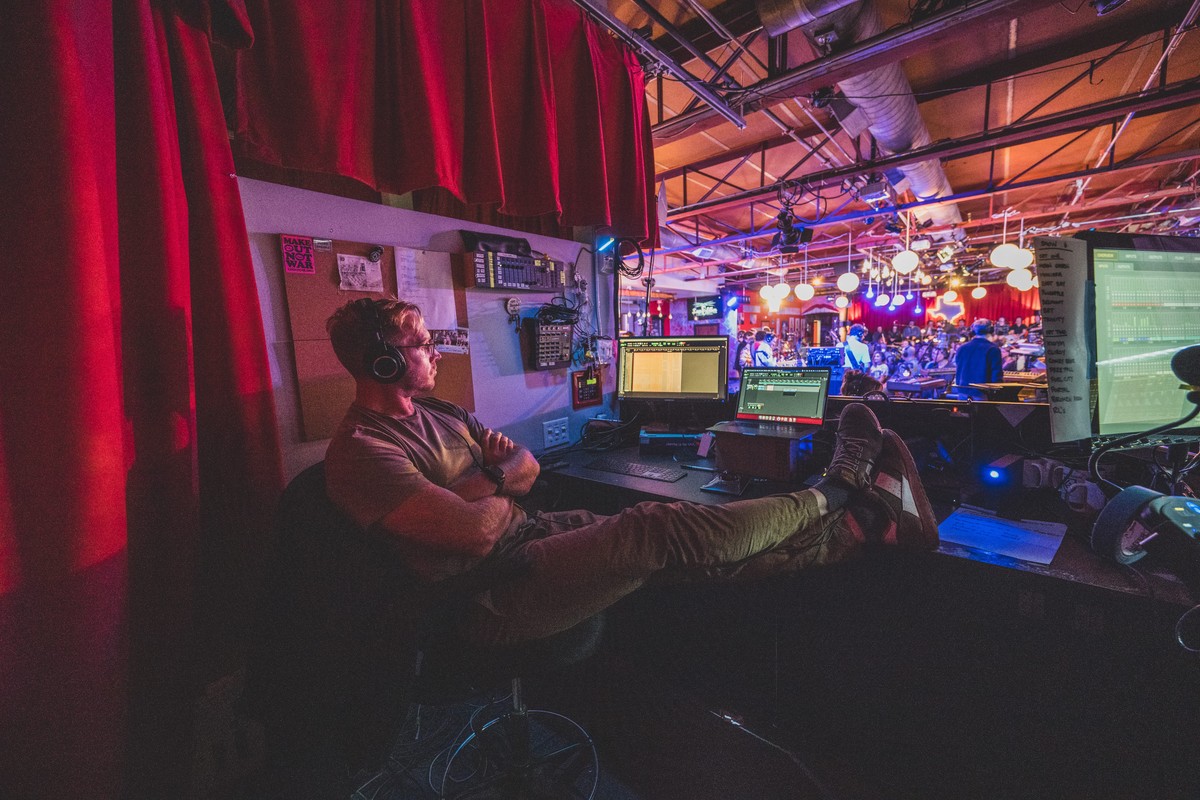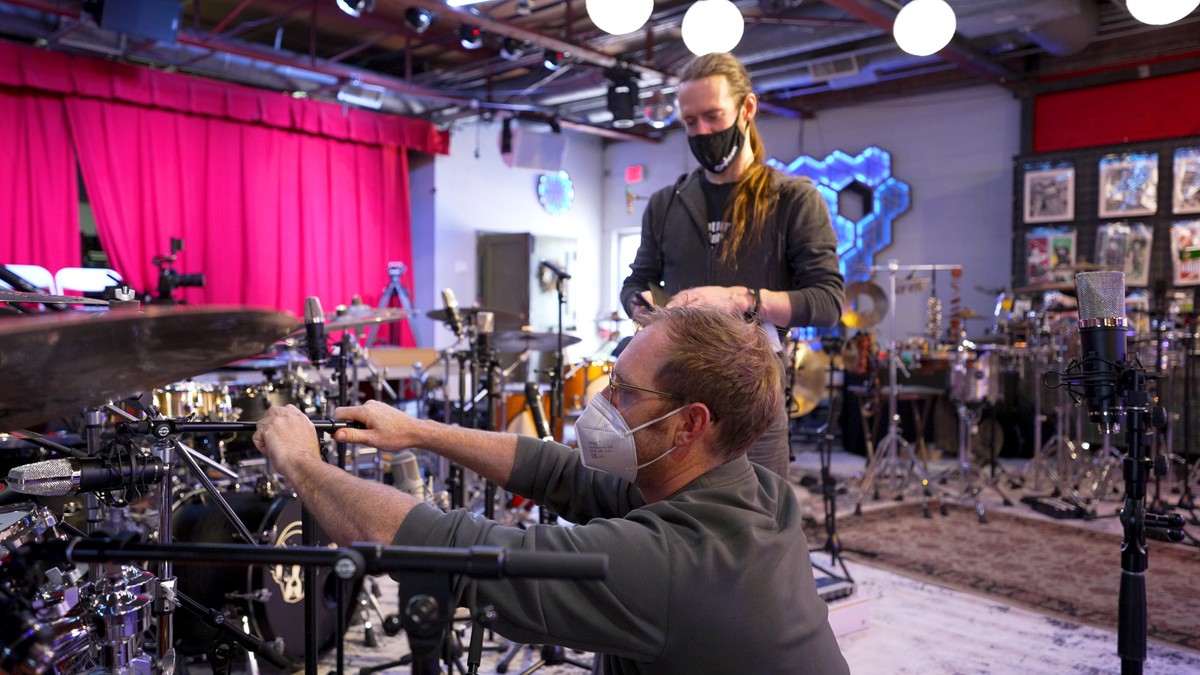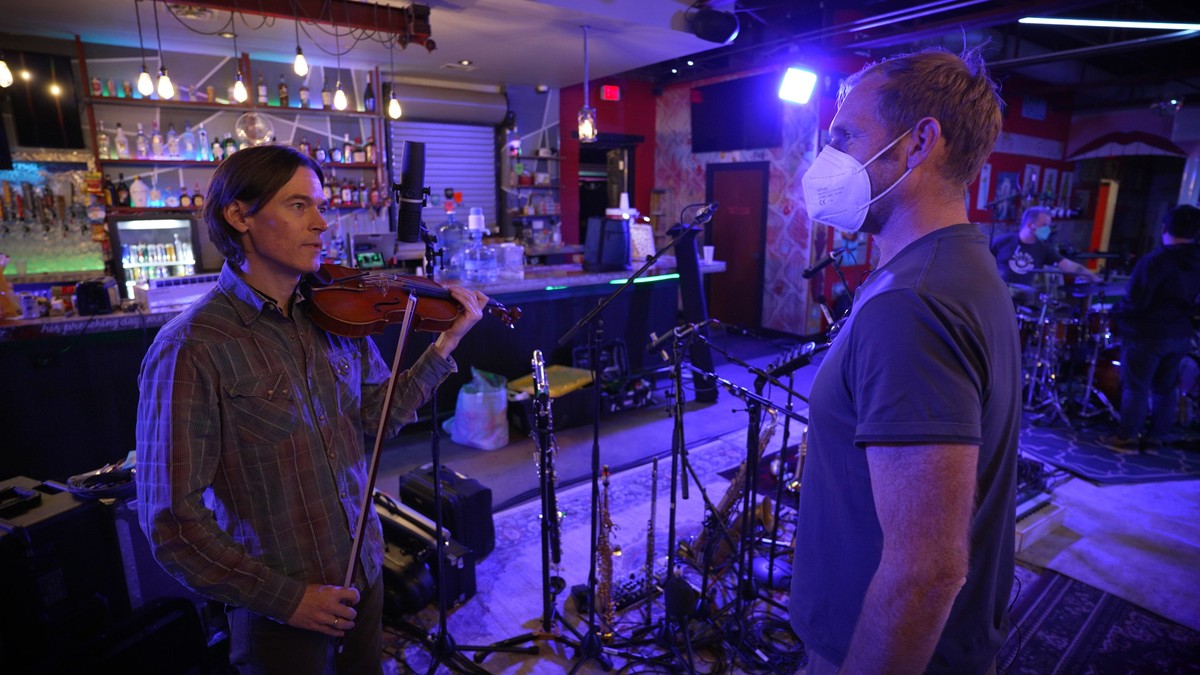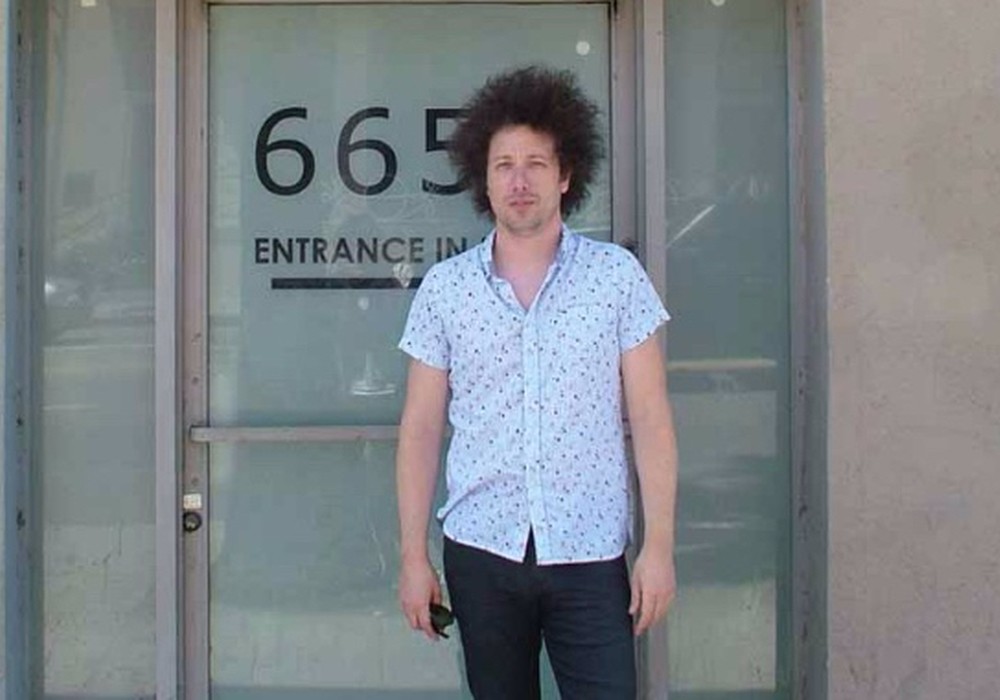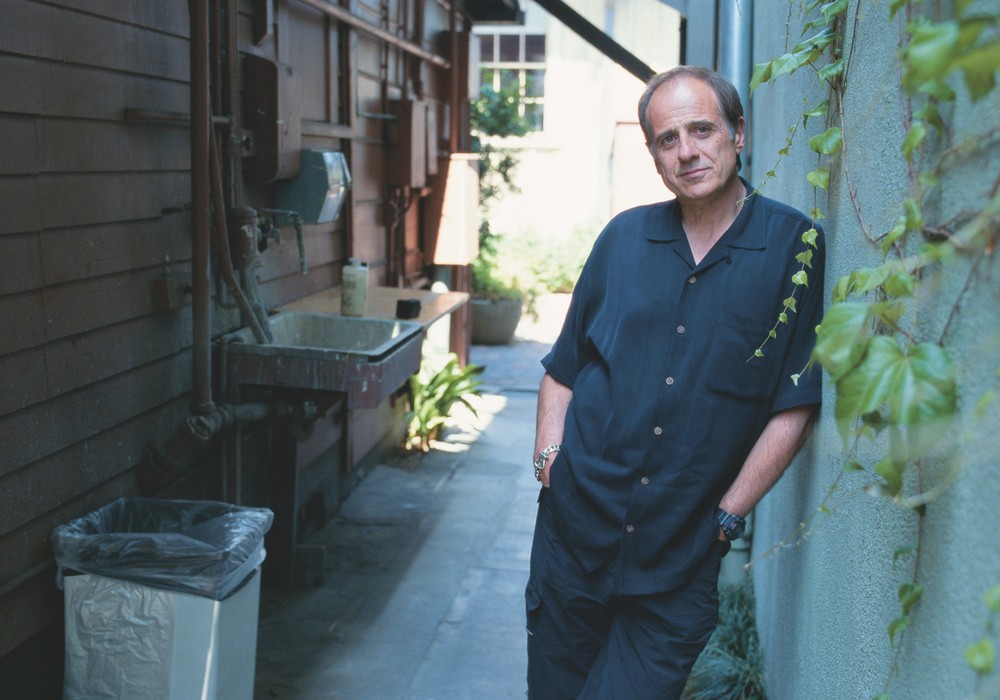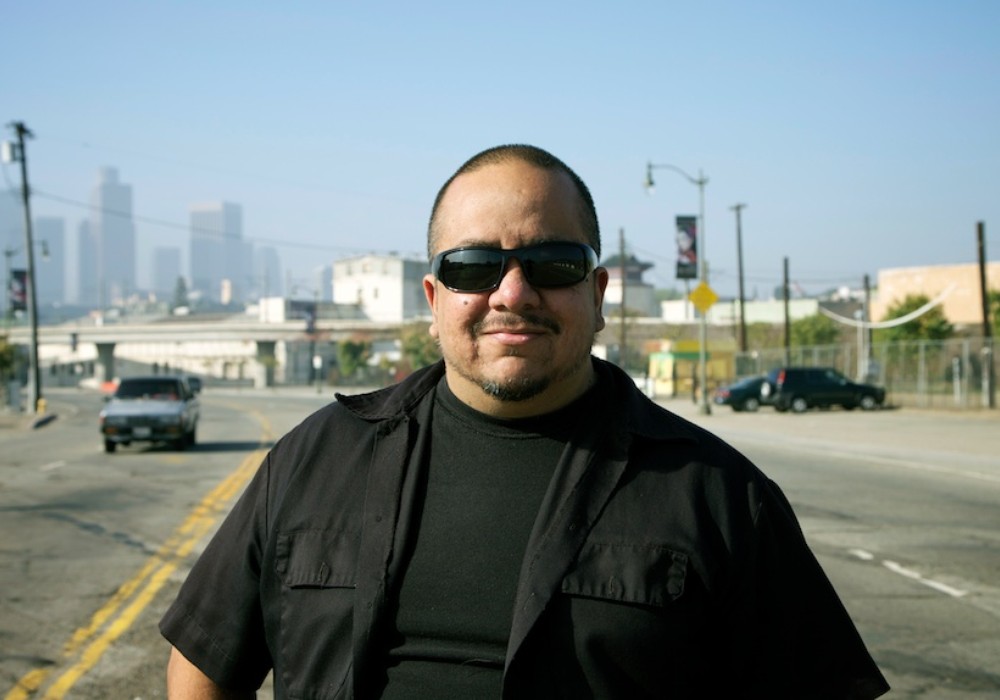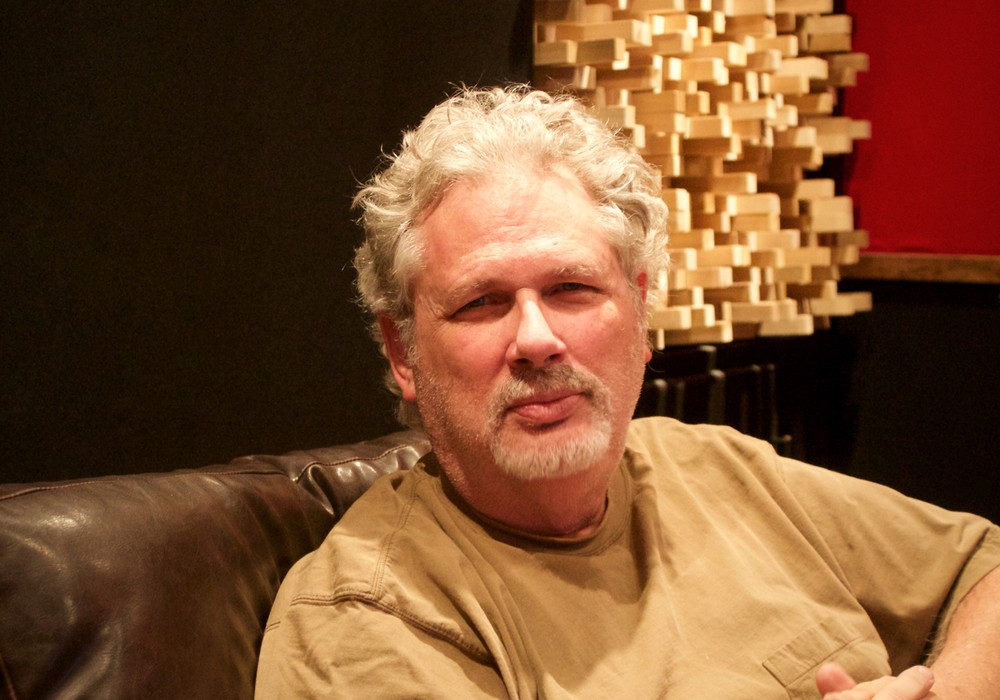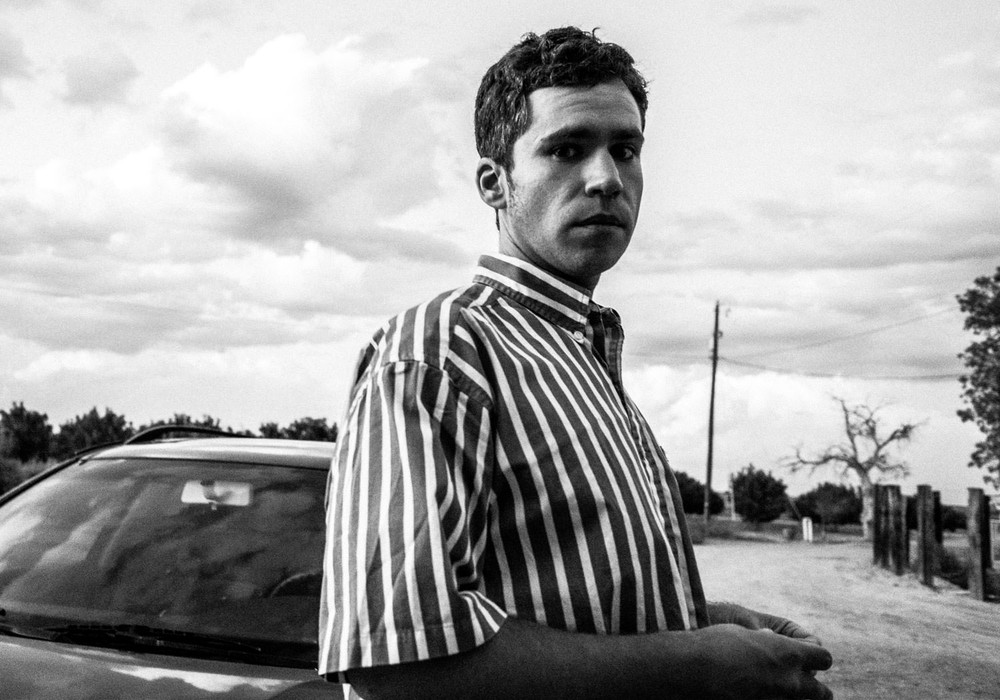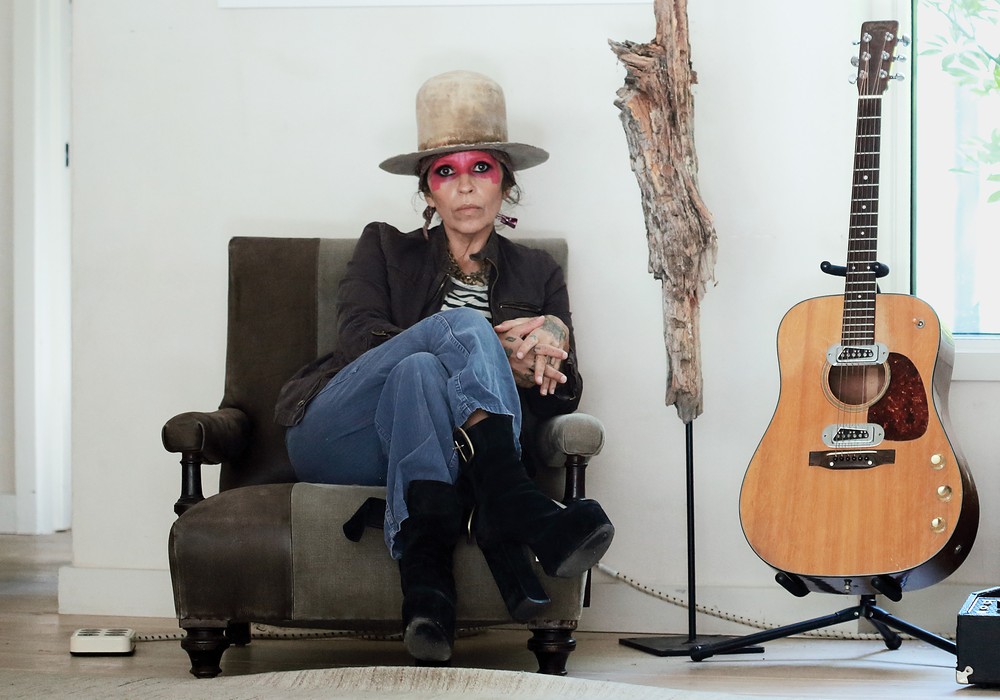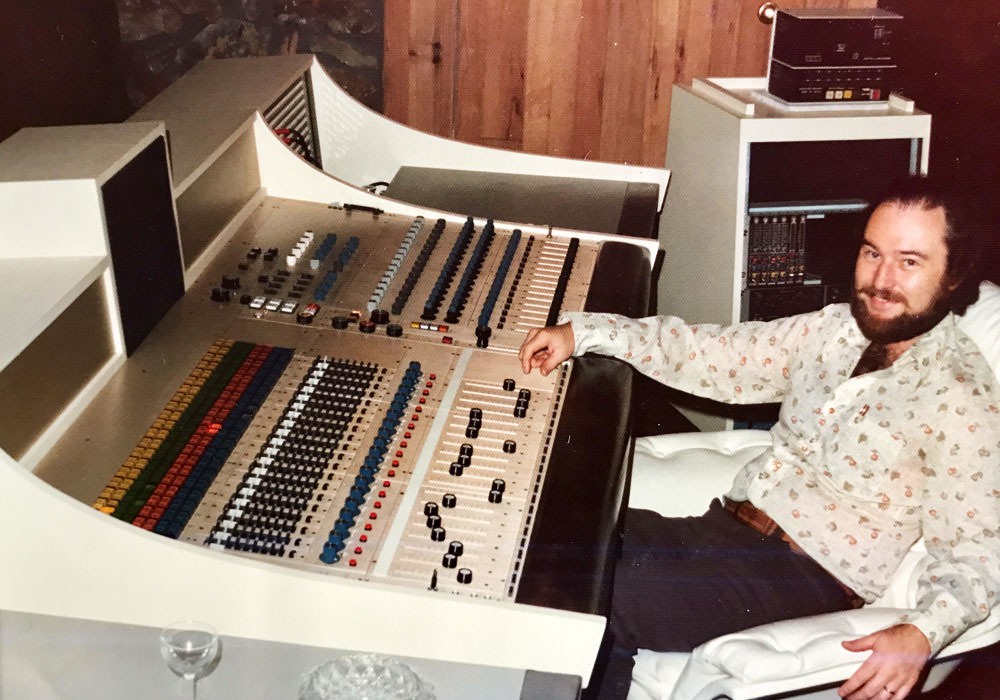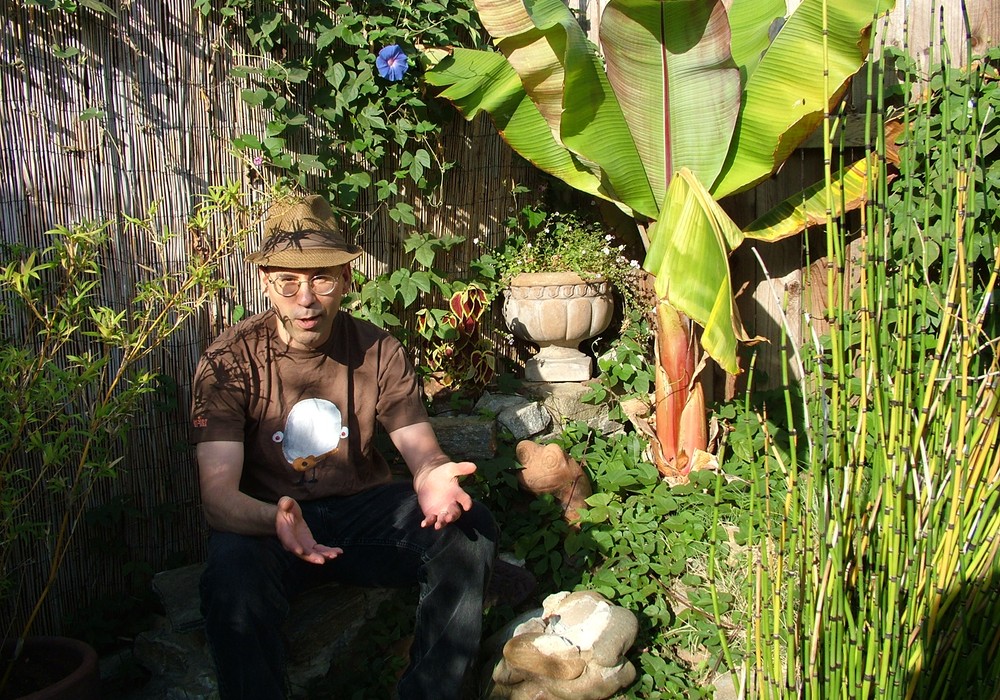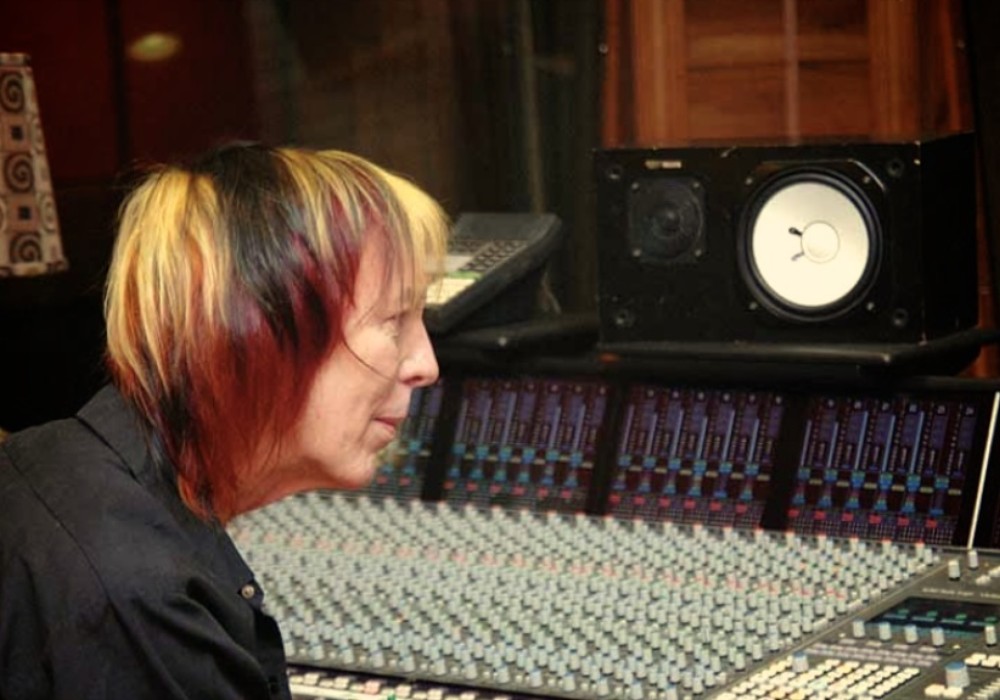Working with Michael League of Snarky Puppy, Nic Hard has engineered much of the band’s catalog. After starting in Philadelphia, Pennsylvania, as a DJ, he soon found himself studying recording and landing at legendary New York City studios, Unique and RPM. Besides Snarky Puppy, he’s worked with artists like The Church, The Bravery, and Aberdeen City, along with Forq, Bokanté, and other Michael League productions.
Where are you at right now?
I'm in Spain. I'm up at Michael League's studio [Estudi Vint]. We're working on a record together, mixing.
Michael seems like he's always got a project going.
For as long as I've known him, it's been constant.
How did you two first start working together?
We were introduced by a mutual friend, Henry Hey, a keyboardist [of Forq]. I started mixing other records that Michael was producing before the Snarky Puppy work.
I can't believe the number of live Snarky Puppy concerts that have been released!
That's where I started with Snarky. They were recording the shows and sending it to me for one tour, and it wasn't a fast enough turnaround. Hard drives were getting stuck in customs. We did a European tour where I went with them, recorded a live show, and then mixed at night on the bus and released it within 24 hours. I've probably mixed 200 or 300 live shows for them.
What were you using for monitoring? Headphones?
It was largely headphones. I might have taken a little pair of KRKs, but maybe that was for something different. Mixing on the bus is less than perfect, as the lounge is above the engine compartment. One of the most challenging aspects was using a mouse while the bus is rocking!
Get a trackball? I would think even the rumble of the vehicle would be hard to deal with.
Yeah. I would have to revise it in the morning when the bus had stopped moving. After the first week there was more of a template and I was getting used to the environment.
Did you get any sleep?
No, almost not at all for the first two weeks. Toward the end of the tour I figured out this sleep schedule, between 7 and 10 in the morning, and then between 3 and 6 in the evening. It was pretty insane.
How did you get your start in this?
In the '90s, in high school, I got into DJing and making electronic music; all techno. I haven't done that in 20 years! That led me into manipulating sounds and twiddling knobs, so it let me learn engineering. I went to IAR [Institute of Audio Research] in New York for a six-month program. I did an internship at the same time, and was also an assistant engineer at Unique [Recording Studios] before even graduating that program. After that, I got a job as an assistant at RPM [Studios]. I became the house engineer there, and then I went freelance in 2002. There was a steep learning curve. I remember being an intern and assistant and not having a musical background. I had to learn the terminology of what everybody was talking about, even super basic things like, "What is a chorus?" The technical part was easy compared to learning the basics of music!
All the different skills we have to know to get the job done is extensive.
Yeah. We need to follow the conversations and know what somebody's talking about when they say they want to punch in. Once I was working in studios, I was working 12 or 14 hours a day. I don't think there was any time that wasn't in the studio. No vacations. At RPM I was on almost every session.
And a pretty wide variety of music?
Yeah. It was great. There was loads of people to learn from, and different producers and engineers that would come in. Not too much hip-hop, but I got a lot of that before at Unique.
What was some of the first work that you took on as a producer/engineer?
One of the first records that I produced was the Boston band Aberdeen City. I had mixed an EP for them, and then I produced a record [The Freezing Atlantic] with them a year later. It was a rock band in the early 2000s. They ended up signing to Sony, and I got to...
